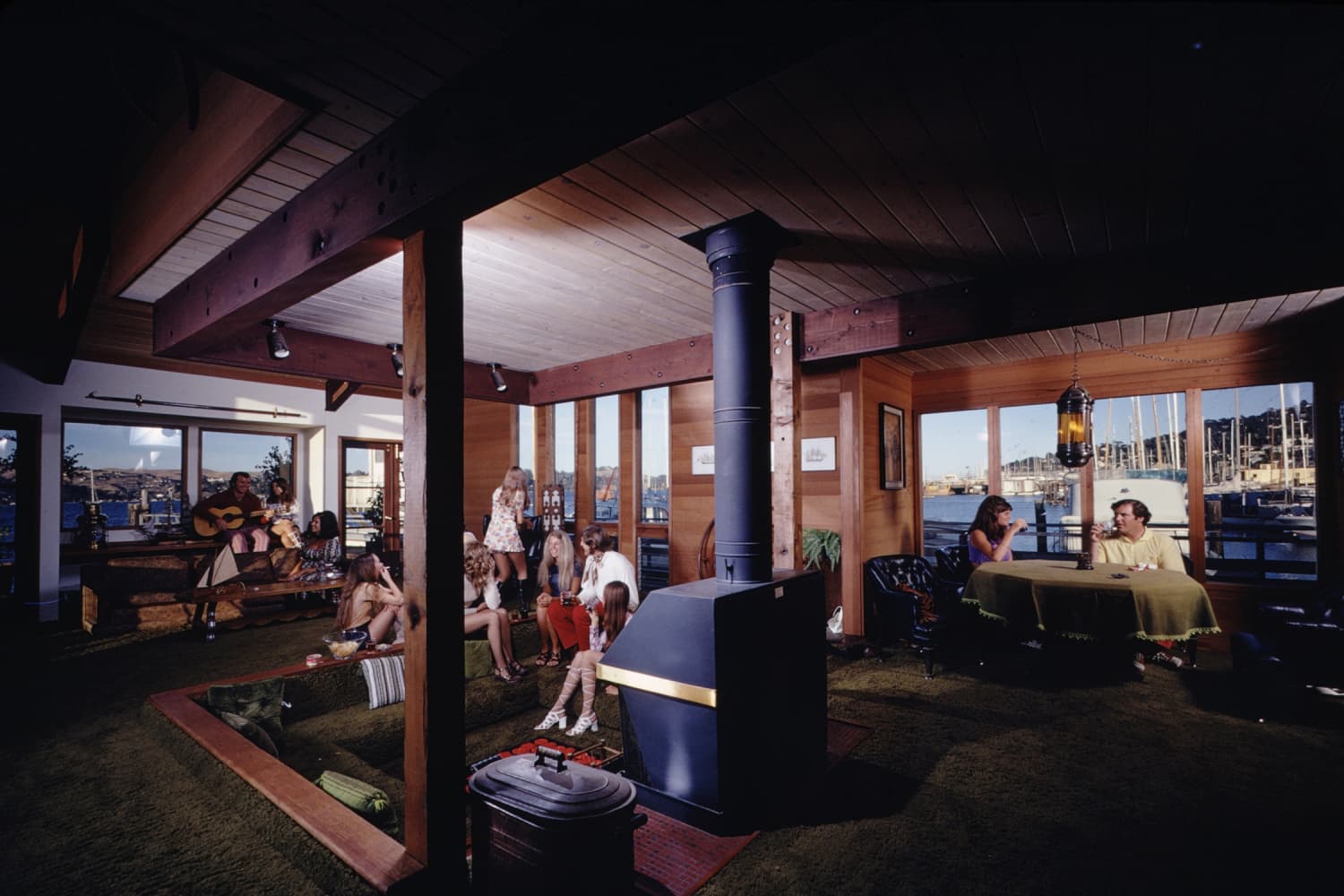4 Ways to Improve Your Workspace for Success

When I graduated from my university, I lost access to its 24/7 library. Simultaneously, I began freelance writing and editing and my need for a productive workspace grew.
Over the course of the next year, I experimented with different locations and approaches to cultivating a productive workspace. I discovered new environments for fruitful work and tactics that benefit my productivity as well as my mental health. Here are expert-approved strategies that can help you too:
1. Seek natural light.
Research shows that natural light benefits productivity and that more time outside correlates to a lower risk of depression. “Sunlight boosts our mood, increases serotonin levels, reduces stress and helps us focus,” says Kiki Ramsey, Ph.D., a positive psychologist and executive coach at the Positive Psychology Coaching and Diversity Institute. Charlynn Ruan, Ph.D., a clinical psychologist and founder of Thrive Psychology Group, says that if you can’t work outdoors, you should open a window to let in sunshine. Fresh air is more conducive to feeling alert than circulated air. In the winter, a sun lamp can also be beneficial.
I live next to a park, so I bring my laptop and lawn chair to work there. The rushing river and open sky inspires me (and the lack of Wi-Fi helps me focus since I can’t easily access Instagram). Find public parks and establishments near you that offer access to natural light. Some public libraries feature floor-to-ceiling windows, which are great when it’s too cold to work outside. If you prefer to work from home, work in the room with the best natural light.

2. Adjust your space.
“Your body reacts to your environment. Surroundings impact memory, mood and chemicals like cortisol in your body,” Ruan says. Thus, it’s important to curate your workspace and delineate areas for working and separate areas for relaxing so that your body doesn’t get confused. Not working in bed and establishing boundaries for when you stop reading work emails help to maintain this distinction, Ramsey says. I work in my living room instead of my bedroom. For people in small spaces where their desk is in their bedroom, Ruan suggests placing a barrier or screen around your desk when you’re not working to create a sense of separation in your space.
To enhance productivity and further differentiate between work and leisure time, Ruan recommends using a specific lamp when you’re working. You can also use the same potpourri or air diffuser in your office and home workspace to signal to your brain that it’s work time. When you’re done, turn off the lamp and stop using the scent.
Ramsey recommends rearranging furniture in your office because “as humans, we like newness. Changing a room can make you feel like there’s all these possibilities that can happen in your space.” Having plants in your workspace similarly provides a sense of freshness. Supportive furniture like an ergonomic chair also benefits productivity, as does painting your walls light colors like white or cream. Additionally, limiting distractions, playing soothing music and clearing your space of clutter can further help to reduce stress and enable you to concentrate on work, Ramsey says.
3. Pair with an accountability partner.
Last weekend, my friend came to my apartment, and we wrote for three hours. Her presence helped me focus, as it’s much harder to fall down a TikTok rabbit hole with another person directly next to you.
A regular accountability partner can help you troubleshoot difficulties, track your goals and push you toward them, Ramsey says. They also offer social interaction, which breaks up long stretches of work time, makes you feel connected and benefits mental health. If your friend lives elsewhere, try coworking virtually via FaceTime or Zoom. Ruan notes that spending time with someone you like is good for mental health in general, but coworking is especially helpful for those with ADHD.
4. Explore outside your home.
Leaving your house can boost productivity and prevent feeling isolated. Going to a cute coffee shop has an element of fun, while libraries offer serene, study-focused spaces with minimal background noise. Plus, knowing that a public space closes at a certain time helps me set daily goals and push myself to meet them before I need to leave.
Taking the time to physically pack a bag and commute elsewhere can motivate you to stay focused once you arrive—as can being surrounded by other people who are working. Ramsey notes that this environment allows you to “feel the presence of people but not have to talk to them like you do at work. These spaces don’t require engagement in the same way but still feel social,” which is important since we crave connections to others. Ruan adds that putting on outside clothes helps your body get into work mode, as opposed to staying in pajamas all day. Leaving your house has the additional benefit of preventing distraction from home tasks, like cleaning out your fridge or doing a load of laundry.
Ultimately, you have more control than you think over your work surroundings. Harness that agency to promote your productivity and well-being.
Photo by DimaBerlin/Shutterstock
link





:max_bytes(150000):strip_icc()/small-space-decorating-2016-2427001_richm15439-1-fef4e0e1e89f4322adac1c84e8b72cfb.jpg)
:max_bytes(150000):strip_icc()/GettyImages-532843848-21e72d1af0cd4b6a90eb51a2a580f37a.jpg)